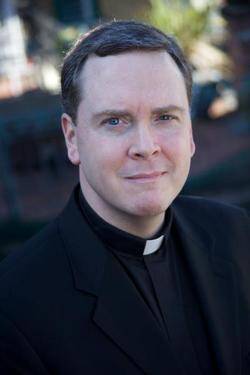The late Justice Louis Brandeis was famously suspicious of bigness. As his biographer Jeffrey Rosen recently observed, for Justice Brandeis a truly democratic government “was only possible on a human scale.” Big, impersonal government bureaucracies, said Brandeis, tend to serve themselves rather than the people who are their titular sovereign and can be just as dangerous as the antitrust monopolies Brandeis battled in the business world.
It would appear that a majority of the British electorate agrees with Mr. Brandeis. Britain’s decision to exit the European Union is in large measure a justifiable reaction to the inhuman scale of the European project in its contemporary incarnation and to the Leviathan-like bureaucracy that has grown up to support it. As the editors observe in this issue, Brussels’s “sprawling and opaque bureaucratic institutions” have inspired a fatal distrust in the project of “ever closer union.” Brexit is also one part of a larger trend in the West away from consolidation and toward a small-is-beautiful approach to governance.
Some of those who voted for Brexit had other motivations. As the editors also note, xenophobia, fear and nationalist fantasies played a part as well. It would be a mistake, however, to conclude that Brexit was driven entirely by such wayward motives. One of the more disturbing trends in contemporary politics is the persistent belief that those who disagree with me about contestable public issues are not principled and reasonable human beings who have reached different conclusions but are, rather, stupid or hateful or both.
This patronizing tendency is particularly pronounced among Western governing elites, here in New York and elsewhere, who appear unable to acknowledge that there might be a reasonable argument for Brexit that is not derived only from nationalist or xenophobic paranoia. It is also worth remembering the genetic fallacy of informal logic: You have not necessarily proven or disproven a belief simply because you have accounted for how it came to be held. Paranoid people can be victims of real conspiracies.
But the Western elites (among whom I surely count myself) would do well to look more closely at the Brexit result for another reason. It reveals the radical shift that is taking place in our politics, one we ignore at our peril.
Increasingly, our political battles are being waged not by the traditional forces of left and right but by the elites or the establishment on the one hand, and those who feel disempowered and disenfranchised on the other. “That dislocation may not lead to a repeat of Europe in the 1930s,” The New York Times recently observed, “but it has fueled a debate about global political trends. There is a tendency at times to try to fit current movements into understandable constructs,” one we should resist if we are going to accurately measure and respond to this phenomenon.
As one Wall Street Journal columnist observed, never had “there been a greater coalition of the establishment than that assembled by Prime Minister David Cameron for his referendum campaign to keep the U.K. in the European Union. There was almost every Westminster party leader, most of their troops and almost every trade union and employers’ federation.” In other words, the elites went one way and the masses went the other. Members of the political classes will need to keep this shift in mind if they are going to successfully navigate the currents of our contemporary politics. The first step is to make an honest attempt to understand the real grievances that lay behind Brexit and the emerging populist movements here at home.
As Justice Brandeis once observed, “the greatest dangers to liberty lurk in the insidious encroachment of men of zeal, well meaning but without understanding.”








